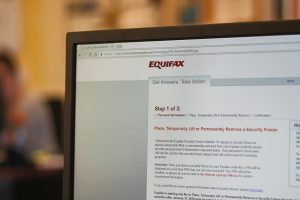
Thinking about giving this holiday season? Here are five tips to help ensure that your contribution is going to a charity in need for a cause you support.
1- Research the charity. Understand how your money will be used by the charity before you donate. Websites like the Better Business Bureau’s Wise Giving Alliance and Charity Navigator make it easy to find this information.
2- Know who’s asking you for money. Ask if the person contacting you for a donation is a paid fundraiser. A paid fundraiser is paid to raise money on behalf of a charity, but is not an employee of the charity. These payment arrangements can vary widely. For information about the payment arrangement between the paid fundraiser and the charity, visit the “Charities” page on the Consumer Assistance Program’s website, or call 1-800-649-2424.
3- Don’t feel pressured to give over the phone. If you are interested in donating, but don’t want to give payment information over the phone, ask the charity to mail you information. This will give you more time to make your decision and research the charity.
4- Be cautious of scams. Fraudsters use the same contact methods as legitimate charities (phone, mail, email) and will try to trick you into “donating” money. Be wary of unsolicited emails asking you to donate, even if the email looks legitimate or you have heard of the charity. Stop and think before you click the link! Call the charity and ask if they are collecting donations by email. Or, hover your cursor over the link before clicking on it. If there is a redirected link that does not go to the charity’s website, it could be a scam. If you receive a request for a donation by phone, ask for detailed information about the charity, including the exact name of the charity and how your money will be used. If the solicitor refuses to give this information, or if they ask you to pay by wire transfer, cash, or prepaid gift card—don’t engage! It’s likely a scam.
5- Consider volunteering. Giving comes in more ways than just money. If you are interested in volunteering this holiday season, contact a charity in your community to see how you can help. Giving your time can be just as valuable as giving your money.



